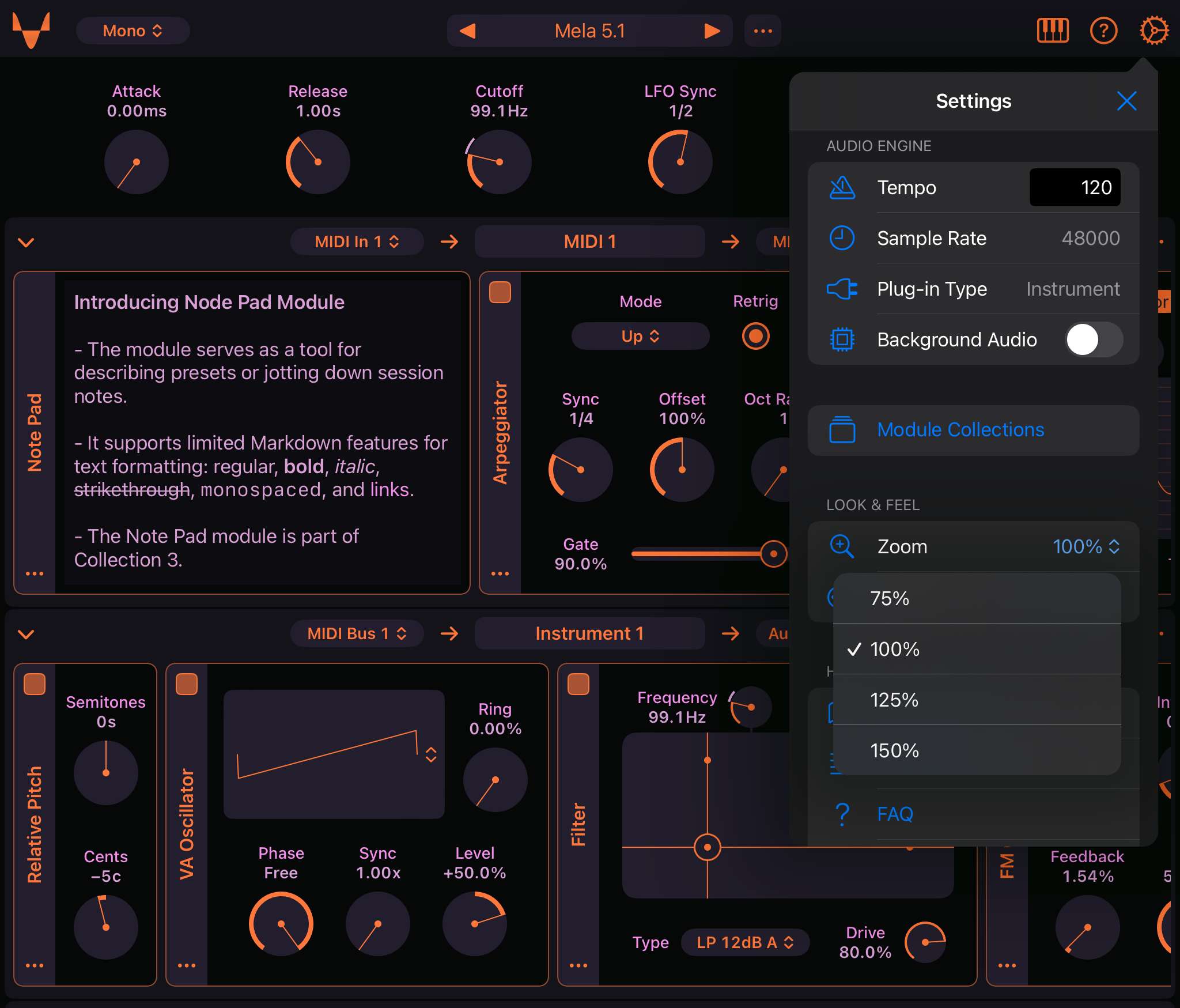The Evolution of Singing
- Ancient Traditions
Singing has been an integral part of human culture since ancient times. Early singers performed in various contexts, including:
- Religious Ceremonies: Ancient civilizations such as the Egyptians and Greeks used singing in worship and rituals.
- Oral Traditions: Early singers played a crucial role in passing down stories, histories, and traditions through oral performance.
- Classical and Opera
The classical and opera traditions represent a significant period in the evolution of singing. Notable developments include:
- Opera: Originating in Italy in the 16th century, opera combined singing with theatrical performance. Famous composers like Mozart and Verdi shaped the genre.
- Classical Singing: This period emphasized technical skill and vocal training, leading to the development of various vocal techniques and styles.
- Modern Genres
The 20th and 21st centuries saw the emergence of new musical genres and styles, expanding the role of singers. Key developments include:
- Jazz and Blues: Genres that highlighted improvisation and emotional expression, with influential figures like Billie Holiday and B.B. King.
- Pop and Rock: The rise of popular music brought new vocal styles and star performers, such as Elvis Presley and Madonna.
Types of Singers
- Classical Singers
Classical singers specialize in genres such as opera, art song, and oratorio. They focus on:
- Technical Mastery: Classical singers undergo rigorous training to master techniques such as breath control, pitch accuracy, and vibrato.
- Repertoire: They perform works by composers like Bach, Mozart, and Puccini.
- Pop Singers
Pop singers perform contemporary music that appeals to a broad audience. Their characteristics include:
- Versatility: Pop singers often adapt to various styles and trends, from ballads to upbeat dance tracks.
- Stage Presence: They are known for their engaging performances and connection with audiences.
- Rock Singers
Rock singers are known for their powerful voices and energetic performances. Key features include:
- Emotional Delivery: Rock singers often convey intense emotions and personal experiences through their music.
- Iconic Styles: They may incorporate unique vocal techniques and styles, from gritty and raspy to smooth and melodic.
- Jazz Singers
Jazz singers are celebrated for their improvisational skills and ability to interpret complex musical structures. They excel in:
- Scat Singing: A technique that involves improvising vocal sounds and rhythms without using words.
- Expressive Interpretation: Jazz singers bring a unique personal touch to their performances.
- Folk and Country Singers
Folk and country singers often focus on storytelling and traditional music. Their traits include:
- Narrative Lyrics: Their songs frequently tell stories about life, love, and personal experiences.
- Authentic Sound: They often maintain a raw, unpolished vocal style that emphasizes authenticity.
The Impact of Singers
- Cultural Influence
Singers play a crucial role in shaping and reflecting cultural trends. Through their music, they:
- Influence Fashion and Trends: Popular singers often set trends in fashion and style.
- Reflect Social Issues: Their songs can address social and political issues, influencing public discourse.
- Emotional Connection
Singers have the power to connect with listeners on an emotional level. Their performances can:
- Provide Comfort: Music can offer solace and understanding during difficult times.
- Inspire and Uplift: Singers often create uplifting and motivational songs that inspire listeners.
- Commercial Success
The success of singers can have significant economic impact. They contribute to:
- Music Industry Revenue: Album sales, concert tours, and merchandise generate substantial income.
- Media and Entertainment: Singers frequently appear in films, television shows, and commercials, broadening their reach.
Conclusion
Singers have been an essential part of human culture for centuries, from ancient rituals to modern entertainment. Their ability to convey emotion, tell stories, and connect with audiences has made them influential figures in music and society. Whether through classical arias, pop anthems, or soulful blues, singers continue to shape the cultural landscape and inspire listeners around the world. As music evolves, the role of the singer remains a vital and dynamic force in the art of performance.

